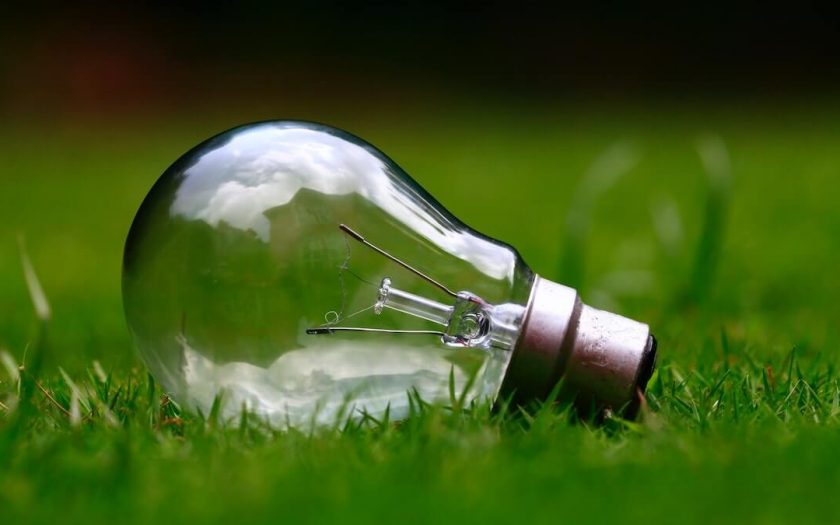We live in the age of climate change and a climate crisis, where it is more important than ever to make sustainable choices. As such, businesses have started to change their ways in order to stay relevant – however, there is a dark side to this development. Companies often lie about their environmental impact to make their products more attractive: this is called greenwashing.
What are greenwashing energy companies lying about?
Due to legal loopholes, it’s shockingly easy for energy companies to lie to us about how ‘green’ their energy is. To match customer energy use, some suppliers buy dirty power from the wholesale market which is a mix of renewable, fossil fuel, and nuclear energy. They sell this as ‘100% renewable energy’, claiming that it offsets the national grid as green energy is being created.
To make this look legitimate, suppliers buy Renewable Energy Guarantee of Origin (REGO) certificates. These are issued by renewable generators but are separate from the energy itself, allowing companies to buy the certificate without the green power.
Now that we are more aware of this tactic, suppliers have turned to the EU to buy European Guarantees of Origin (GoO) certificates. UK companies can buy these directly from member states, bypassing the REGO certification completely.
Real green electricity and energy providers per country
UK Green Energy suppliers
There are many legitimate utility companies that provide green power, but the greenest ones are:
Always read the small print and look out for infrastructure projects they are involved in.
In the UK, Good Energy and Ecotricity provide 100% renewable energy, generate their own and buy directly from generators. Check out the full analysis from Which? for more information.
European greener renewable energy suppliers
Europe are generally doing a lot better than the UK, with most countries nearing on 50% renewable energy use. There are plenty of green suppliers available in Germany, the Netherlands, Belgium and Spain.
Green energy Germany
Better energy companies include:
But there are many more to compare.
Renewable energy the Netherlands
Only 25% of energy in the Netherlands is renewable, so it’s important that consumers start buying from green companies such as:
View more providers.
Green electricity Belgium
26% of energy in Belgium is renewable, from companies such as:
View the ranking to see more providers.
US suppliers
In the US, the REGO system is replaced by Renewable Energy Certificates (RECs). Look for state-wide companies that are transparent and invest in renewable energy projects rather than just by buying RECs.
Carolina Solar Energy and Next Era energy are committed to developing renewable infrastructure, and Green Mountain Energy buy RECs from accredited generators and are very transparent.
Where does real green energy come from?
Companies that provide truly ‘green’ power source 100% renewable energy to match the customers usage. Sometimes they buy green energy with valid REGO certificates, and sometimes they create their own.
These suppliers are the ones to use. Not only are they offsetting the national grid, but they also create more renewable power to feed back into the grid and push that 43% upwards.
What is greenwashing?
Greenwashing is when companies give the false impression that they are environmentally conscious, in order to deceive customers into buying more products. We see it across many industries, but it is especially prevalent in the energy industry.
What is ‘green energy’?
‘Green energy’ is any power sourced from renewable methods such as solar, wind, and hydroelectricity. ‘Dirty’ or ‘brown’ energy refers to the burning of fossil fuels or nuclear energy, which pollute the atmosphere.
All houses get their energy from the national grid: in the UK, around 43% of this is renewable. Every supplier must match the energy that customers use with power sourced from elsewhere. ‘Green’ tariffs are supposed to source this from renewable sources to offset the 57% of power still being generated unsustainably.
What are your tips to get better renewable energy and prevent greenwashing by energy companies?

